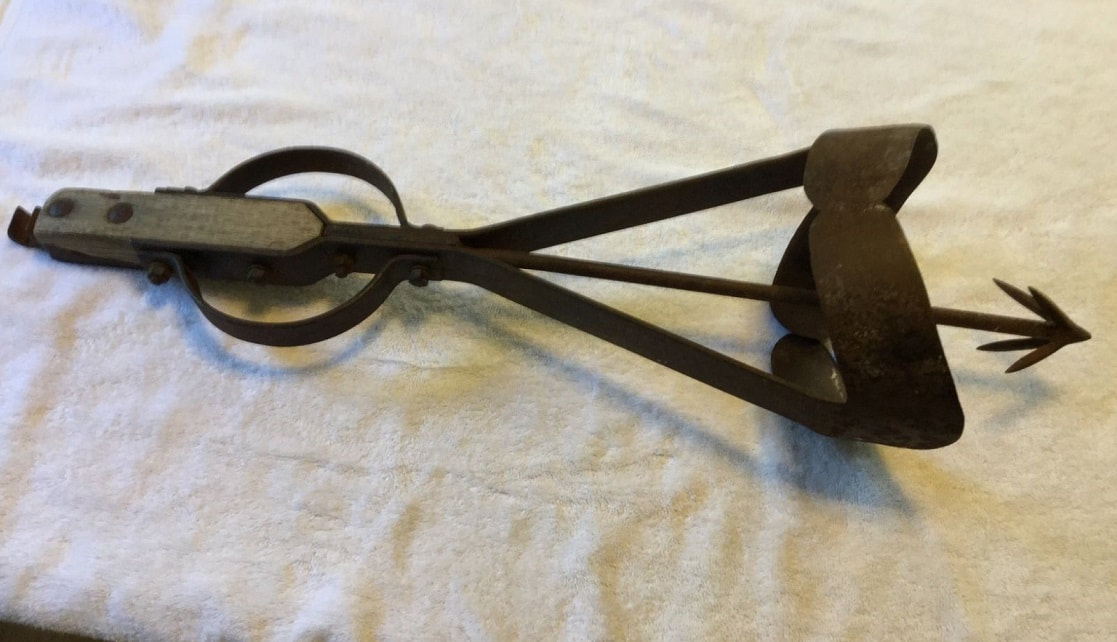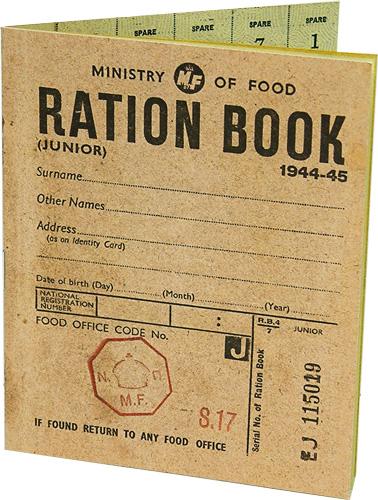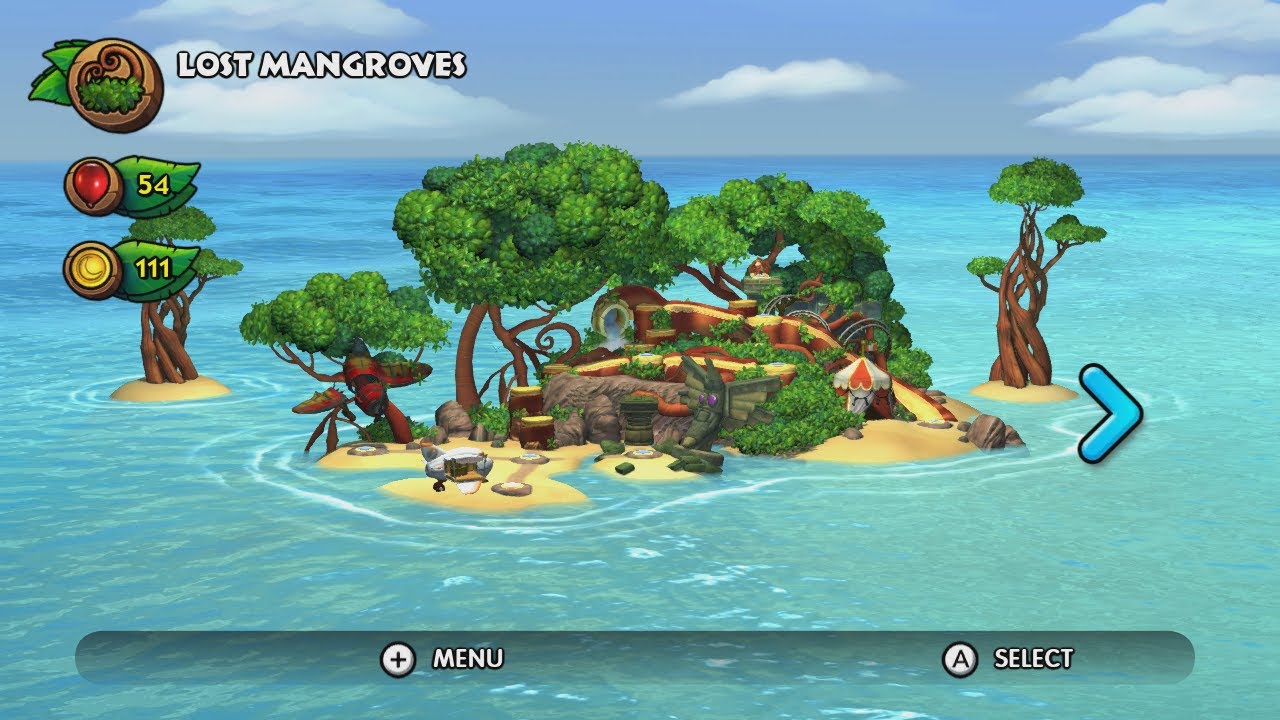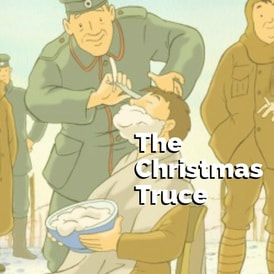|
This week, I had the pleasure of attending ‘Shrewsbury Bookfest’ where author Piers Torday challenged anyone who wants to become a writer to write every day. Well… here is my attempt at an adventure story. The adventurer struggled to place one foot in front of the other; each step on the burning sand seemed to bring him closer to death. He was in trouble: he had finished his water the day before and he was lost and alone. In the distance, he espied a row of trees and he headed towards them.. As he moved closer, he saw the tell-tale glint that signified life: water. It wasn’t a mirage either. It was a spring bubbling from the red rocks and forming a shallow crystal clear pool at their base. The adventurer let out a hoarse cry of joy and hobbled quickly towards the spring. He dropped to his knees, cupped his hands under the water and brought his lips down towards the cool refreshment. “HALT!” boomed out a voice. “Do not drink a single drop.” A desert warrior stepped out from beneath the shade of a palm. Lightly armoured, he looked deadly as the sun glinted off his wickedly curved scimitar. “You are not permitted to drink from ‘The Spring of Knowledge’ without the correct vessel.” The adventurer rocked back on his heels, “But I have had no succour from this heat all day and in this sun I shall surely die!” “You must use a suitable vessel!” he growled. The adventurer looked around for something to collect the water in: a bowl, a flask, anything. And then he remembered that he had his tin cup hanging from his pack. “I have this!” he said holding it above his head like a prized trophy and as he dipped the tin mug into the water the warrior let out a deep laugh. “A tin cup is not a suitable vessel to hold water from the ‘Spring of Knowledge.” “But it is all I have,” pleaded the adventurer desperately. “Then you will never experience the joys that run forth from this spring!” he replied and at that point the warrior, the rocks and the life-preserving liquid disappeared. The adventurer was left alone under the searing sun… Are you still here? Good, I am glad that didn’t put you off! I have seen this same thing happening across our education system for years. Many educationalists will tell you that books are ‘The Spring of all Knowledge.” Einstein has been widely attributed to the following quote: “If you want your children to be intelligent, read them fairy tales. If you want them to be more intelligent, read them more fairy tales.” This message and others like it are often splashed around school walls along with similar well intentioned messages such as this one from Cicero who said. If you don’t read books then you are soulless or more eloquently: “A room without books is like a body without a soul.” Lemony Snicket tells us, “Never trust anyone who has not brought a book with them.” In other words, if you do not read, then no one will trust you. Groucho Marx has often been quoted as saying “I find television very educating. Every time somebody turns on the set, I go into the other room and read a book.” Reading between the lines, he is telling us that if you watch TV, then you’re uneducated. And George R.R. Martin tells us that if you don’t read, then you will not be intelligent, when he wrote, “…a mind needs a book as a sword needs a whetstone, if it is to keep its edge.” Often when I attend talks on reading for pleasure or even writing for pleasure it is often quotes like these which speakers throw around with gay abandon and yet the National Literacy Trust tell us that one in ten pupils do not own their own books by the time they leave primary school. This number rises to 12.5% of children in areas of deprivation and anecdotally I would suggest that in some schools it is more than this. Imagine how such children feel during the reading for pleasure push that many schools are having. To be told that their home lives have less value because they live in a book deficient household often through no fault of their own. Rather than alienating these pupils, we should be embracing their home literacies of which they are often experts. In those houses with few or no books, screens often prevail. Sometime in the last 600ish years a snobbery around books was created and it endures today, a snobbery where books are better than these screens that most homes now have. I have even seen teachers arguing that children should not be reading from eBooks because ‘real books’ offer a ‘superior experience.’ It is this attitude that can turn some people away from reading, as can the desire to ensure children are reading books that are deemed acceptable for learning rather than ‘Diary of a Wimpy Kid’ for example. It is for this reason that rather than talking about ‘Reading for Pleasure’ and ‘Writing for pleasure’ I would prefer to talk about ‘Stories for Pleasure.’ Stories are stories. It doesn’t matter about the vessel in which they are delivered. Think about the explorer in the desert. He didn’t need an appropriate vessel. It was a ridiculous rule imposed by someone superior. His tin cup would have sufficed. His thirst would have been quenched and he could have carried on his journey. Yesterday, I had the absolute pleasure of sitting on the Shrewsbury panel of ‘experts’ alongside three children’s authors: Piers Torday, Maz Evans and Christopher Edge who were all singing from the same hymn sheet – the lyrics to this canticle? “Books are but one vessel in which to transport stories.” Stories are all around us and each of us are filled with stories and they are the currency by which we live. Maz Evans reminded us that we share stories all day long. We recount our stories to our friends and even strangers when we are standing at a bus stop. Children access stories throughout their daily lives and they are not necessarily written in books. They may be watching stories on their TV or on tablet screens. They could be listening to stories told to them by peers, siblings or parents. It is possible that they are acting out their own stories in the playground or living another life through a computer game, moving their character through a series of tasks to complete a quite complicated plot. It may be that they are looking in the mirror, hairbrush under their chin, singing stories of love and heartbreak by the latest musical diva. All of these examples of story are important to our children. They should be celebrated and valued rather than swept aside as things that are less than books. So let’s start sharing ‘Stories for Pleasure,’ and using a range of vessels to deliver them, and let’s see what discussions you can spark about their contents. I am going to start tweeting about #storiesforpleasure so please follow it and share the stories you’re sharing for pleasure too. Some examples of stories or story starters to initiate discussion - remember stories do not always need to be written down. Song Lyrics Start a discussion by asking the following questions: Why doesn't she want to wear make up? What could have happened to her? How does she feel when she doesn't wear it? Opening Lines. What happens next?
Find more of these openers here An interesting picture - sometimes with a starter question. Use objects and artefacts in the classroom. Ask questions such as: - who did it belong to? - how did it get here? - what was it used for?
Thank you for reading, as always I welcome any comments. Please follow #storiesforpleasure for future updates. With thanks to @PiersTorday, @MaryAliceEvans, @EdgeChristopher, @Shrewsbookfest, @JEccleshare
16 Comments
Watch the video on youtube hereThe film 'Poppies' is shown on CBBC each year to give children something to think about during the two-minutes silence. You may wish to use this film in that way or use it to discuss the effects of war on people and animals. Discussion Points
There are some recording sheets for responding to 'Poppies' here Thanks to @GrahamAndre Further Literacy Shed Resources on War here There are additional Armistice Day resources from the BBC here Click this image for further WW1 Resources
|
Archives
July 2020
Categories
All
|










 RSS Feed
RSS Feed
